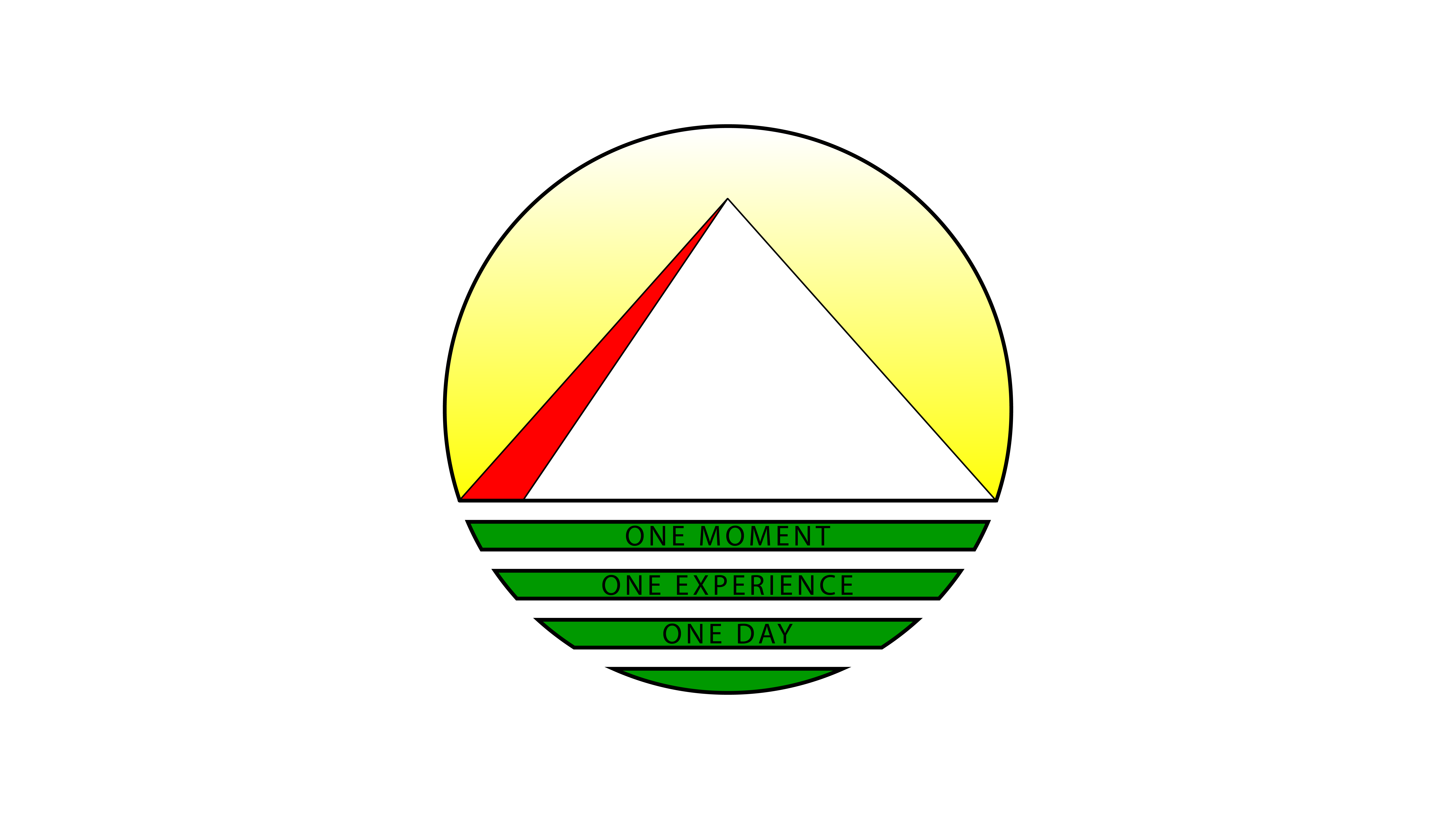Note: Based on a research paper called Embracing anti-racism: Co-creating recommendations with Black people for how addiction treatment needs to change. Natrina L. Johnson, Phillip Reason et al.
Addiction is a challenge that affects people from all walks of life, but not everyone faces the same barriers to recovery. In the United States, Black individuals experience harsher health and social consequences of addiction compared to their non-Black peers. These disparities are deeply rooted in systemic racism, which creates structural barriers and inequitable access to treatment. While addiction treatment can help mitigate these disparities, Black people often face additional challenges, including interpersonal racism and a lack of culturally responsive care.
At Daily Living House, we believe in creating a supportive and equitable environment for everyone seeking recovery. That’s why we’re sharing insights from a groundbreaking community-engaged initiative aimed at improving addiction treatment for Black individuals. This project, led by researchers, clinicians, and community members with lived experience, offers actionable steps to make treatment more appealing, effective, and equitable.
The Problem: Systemic Racism in Addiction Treatment
Research shows that Black people use substances at similar rates as White people but face more severe consequences, including higher rates of overdose, incarceration, and family separation. Despite the effectiveness of addiction treatment in reducing these risks, Black individuals often encounter barriers to accessing care, such as:
- Structural racism: Inequitable access to treatment programs and medications.
- Implicit bias: Discrimination and lack of cultural understanding from healthcare providers.
- Trauma: High rates of untreated trauma, including racial trauma, which can hinder recovery.
These challenges highlight the urgent need for systemic change in addiction treatment.
The Solution: Community-Driven Action
From 2022 to 2024, a diverse group of researchers, clinicians, and community members came together to identify ways to improve addiction treatment for Black individuals. Through literature reviews, focus groups, and expert convenings, they developed actionable recommendations to address these disparities. Here are some key findings:
1. Hire and Train Black Staff with Compassion and Empathy
Representation matters. Black patients are more likely to trust and engage with providers who share their lived experiences. However, hiring practices often exclude Black candidates due to rigid educational requirements. The solution? Invest in workforce development programs to train and support Black individuals entering the addiction treatment field.
2. Provide Antiracist Training for All Staff
All staff, regardless of race, need training to understand the impact of racism on addiction treatment. This includes learning how to address implicit bias, provide trauma-informed care, and create a welcoming environment for Black patients.
3. Eliminate Punitive Policies
Many treatment programs enforce strict rules with harsh consequences, which can feel dehumanizing and reminiscent of carceral systems. Instead, programs should adopt flexible, patient-centered policies that prioritize support and encouragement over punishment.
4. Address Trauma, Including Racial Trauma
Trauma is a significant barrier to recovery for many Black individuals. Treatment programs must screen for trauma and provide trauma-informed care, including therapy and support for racial trauma.
5. Remove Structural Barriers
Basic needs like housing, food, and childcare often take precedence over treatment. Programs should screen for these needs and provide resources or referrals to help patients address them.
6. Incorporate Culturally Tailored Care
Treatment should reflect the values and preferences of Black patients. This could include integrating spirituality, music, art, or alternative therapies like acupuncture and Reiki into treatment plans.
Why This Matters
These recommendations aren’t just about improving addiction treatment—they’re about achieving health equity. By addressing systemic racism and creating a more inclusive, compassionate treatment system, we can help Black individuals rebuild their lives with dignity and hope.
How You Can Help
At Daily Living House, we’re committed to creating a community where everyone has the opportunity to heal and thrive. If you or someone you know is struggling with addiction, we’re here to help. Visit dailylivinghouse.com to learn more about our programs and how we can support you on your journey to recovery.
Together, we can challenge the racist features of our addiction treatment system and build a brighter, more equitable future for all.
